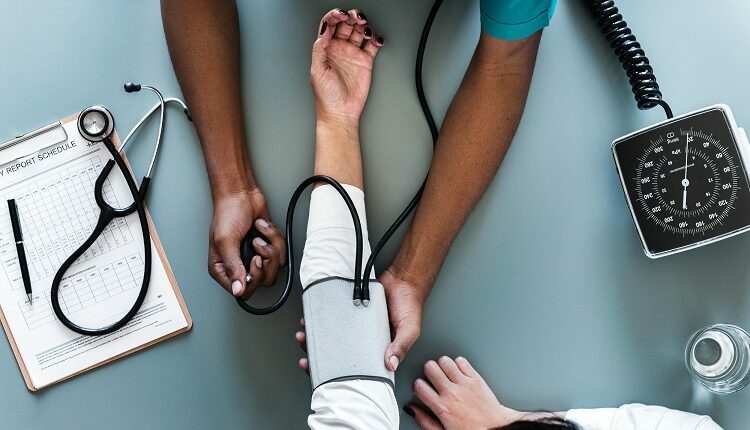What You Need to Know About High Blood Pressure
High blood pressure is a common medical condition that occurs when the force of blood against the walls of arteries remains high for longer than normal. Blood pressure is measured in millimeters of mercury (mmHg) or centimeters of mercury (cmHg). High blood pressure McKinney can be dangerous if left untreated. It can lead to damage to your heart, brain, and kidneys. High blood pressure is responsible for more deaths in the United States than other diseases.
Table of Contents
What are the causes of high blood pressure?
High blood pressure is caused by factors such as:
Age: As we age, our bodies lose sodium and potassium, which can lead to high blood pressure. If you have high blood pressure as an adult, you will likely have it for life unless you take steps to control it.
Family history: If a member of your family has high blood pressure, there is a chance that you might too.
Exercise: People who exercise regularly tend to have a lower risk than those who do not exercise at all.
Race/ethnicity: Black people are more likely than whites or Hispanics to develop high blood pressure in their 40s or 50s. Hispanic people are more likely than blacks or whites to develop high blood pressure in their 20s or 30s. Japanese-Americans have lower rates of hypertension than other ethnic groups, and so on.
Signs that You Have High Blood Pressure
Fatigue: High blood pressure increases tiredness and fatigue. This may be due to the effects of high blood pressure on the heart, brain, eyes, kidneys, and other organs.
Headaches: You may experience headaches due to your high blood pressure. High blood pressure can cause blood vessels to narrow, causing headaches and migraines in some people with it.
Chest pain: Chest pain is one of the critical symptoms of high blood pressure. It can range from mild discomfort to intense chest pain that feels like a tight band around the heart.
Acid reflux: There are several reasons why you might have heartburn. One of them is high blood pressure. When your blood pressure rises, it causes your stomach to produce more acid. This can cause heartburn and other symptoms like chest pain, indigestion, and a burning sensation in the chest.
Eyesight problems: You may also notice that you are having trouble focusing on things when your blood pressure gets too high, which can lead to blurred vision or difficulty reading small print or even seeing objects clearly at all times of the day or night.
Inactivity and being overweight: Being inactive and overweight are also risk factors for high blood pressure. Exercising regularly can help reduce your risk of developing high blood pressure because it helps keep your body healthy by increasing muscle mass and reducing fat deposits in your body.
Family history of diabetes, heart disease, or stroke: Your family history can signify future health problems like diabetes, heart disease, or stroke. A parent or sibling who has had these conditions could also indicate that you are at higher risk for developing them.
If you were diagnosed with high blood pressure, starting treatment as soon as possible is essential. The first step should be to make a doctor’s appointment and share your diagnosis. You will need to make lifestyle changes to eliminate this issue. Getting medical attention from Redwood Family Health Center is vital because the longer you wait, the greater the risk that complications may develop.

